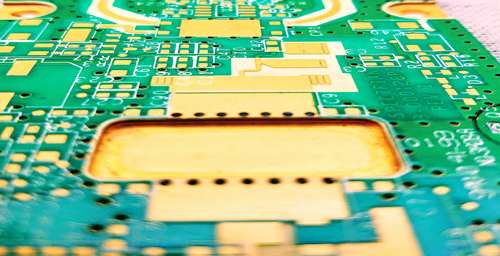
ALL ABOUT FLEX PCB
-
What are rigid PCBs?
Posted by
–
 Read more: What are rigid PCBs?
Read more: What are rigid PCBs?Rigid printed circuit boards (rigid PCBs) are the most common type of printed circuit board (PCB) used in electronics manufacturing. As the name suggests, rigid PCBs have a rigid, non-flexible structure made from materials like FR-4 glass epoxy. Rigid PCBs provide a sturdy foundation for mounting and interconnecting electronic components […]
-
What is an example of a rigid-flex PCB?
Posted by
–
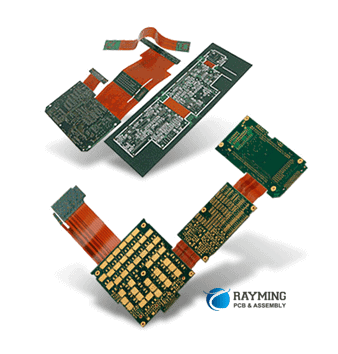 Read more: What is an example of a rigid-flex PCB?
Read more: What is an example of a rigid-flex PCB?Introduction A rigid-flex printed circuit board (PCB) combines rigid and flexible substrate materials to create a circuit board that has both rigid sections and flexible folds or hinges. Rigid-flex PCBs allow three-dimensional configuration of electronic circuits and can improve reliability, space savings, and manufacturing automation. Some common examples and applications […]
-
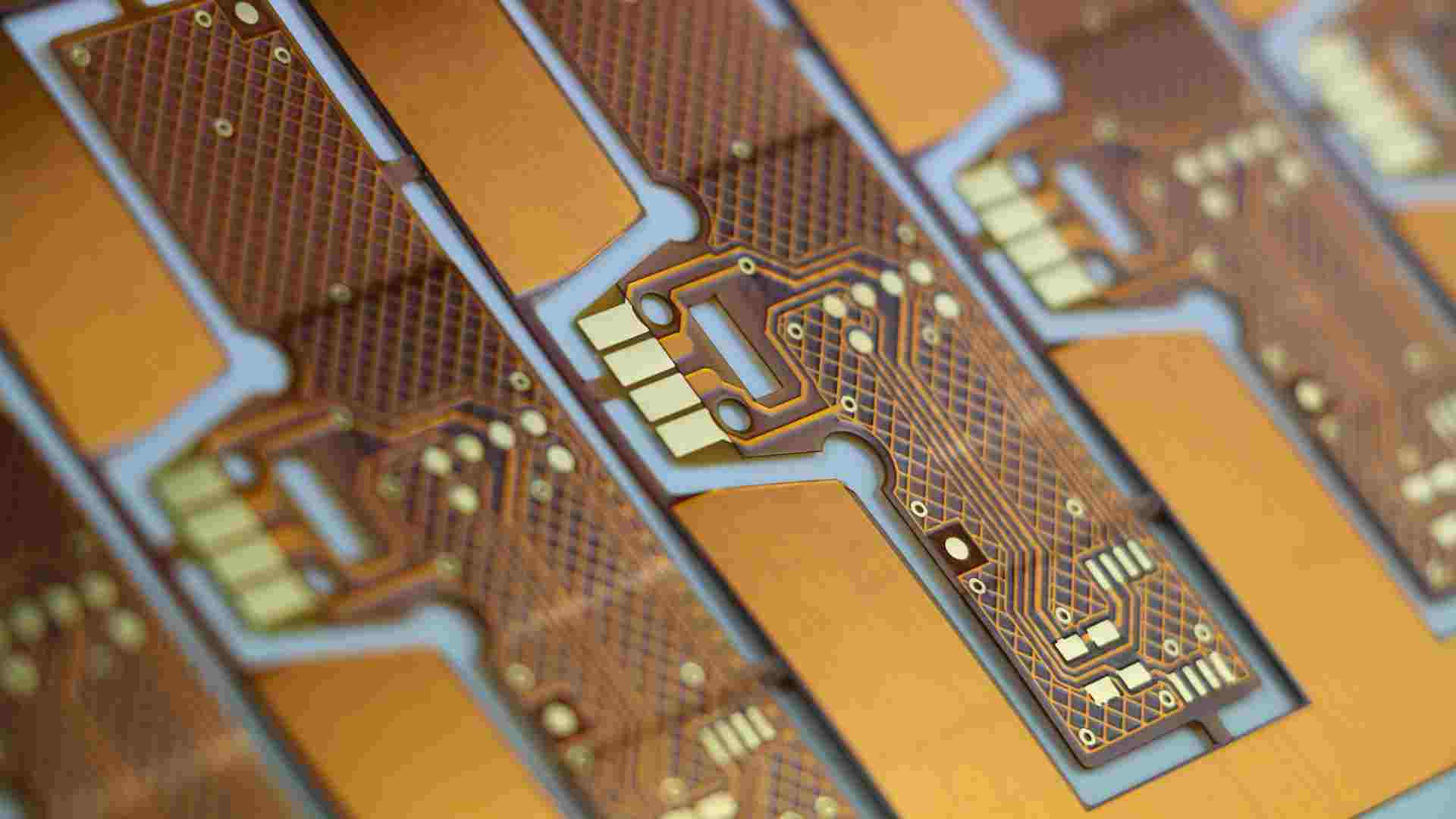 Read more: What is the difference between flex and rigid flex?
Read more: What is the difference between flex and rigid flex?Introduction Flex circuits, also known as flexible printed circuits (FPCs), and rigid flex circuits are two common types of printed circuit boards (PCBs) used in electronics manufacturing. While they share some similarities, there are important differences between flex and rigid flex circuits in terms of their construction, applications, and benefits. […]
-
What is the name of a flexible PCB?
Posted by
–
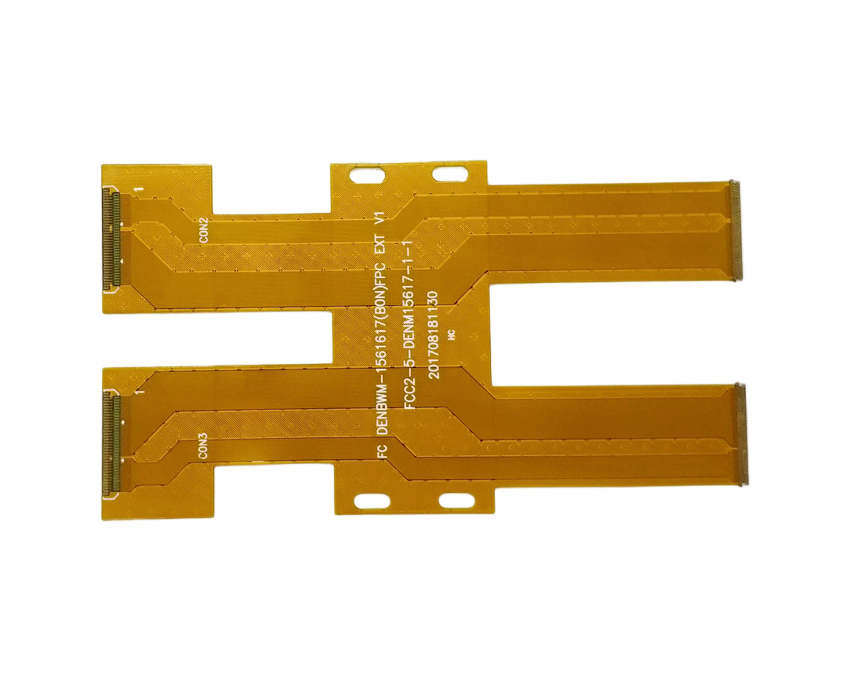 Read more: What is the name of a flexible PCB?
Read more: What is the name of a flexible PCB?A flexible printed circuit board (PCB) is a type of circuit board made with flexible materials that allow the board to bend and flex without damage. Flexible PCBs go by several common names, including: Flexible Circuit Board The most generic name is simply “flexible circuit board” or “flex circuit.” This […]
-
What material is used for flexible PCB?
Posted by
–
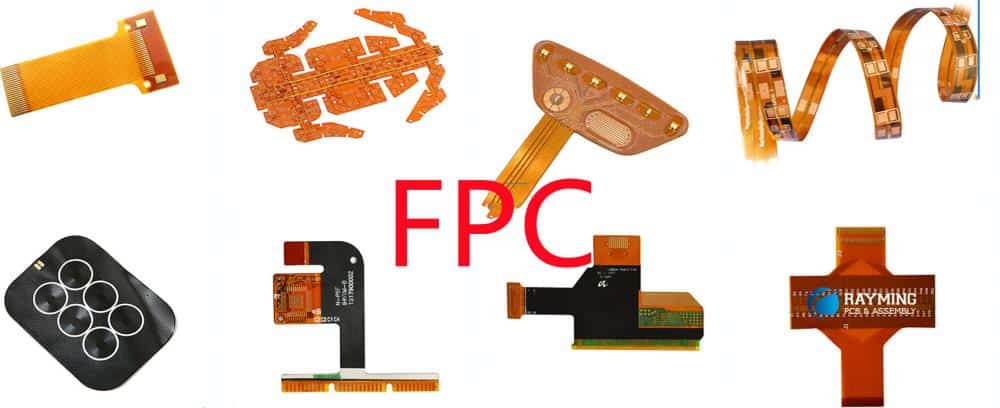 Read more: What material is used for flexible PCB?
Read more: What material is used for flexible PCB?Introduction Flexible printed circuit boards (flex PCBs or flex circuits) are made from flexible insulating substrate materials that can bend and flex while still providing electrical connections. They allow printed circuits to be folded, twisted or formed to fit tightly within products with space and shape constraints. Flex PCBs are […]
-
What is the Base Material of a Flex PCB?
Posted by
–
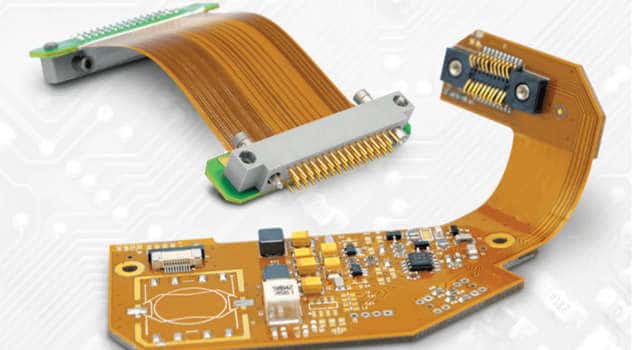 Read more: What is the Base Material of a Flex PCB?
Read more: What is the Base Material of a Flex PCB?Introduction A flex PCB, also known as a flexible printed circuit board, is a type of printed circuit board made of flexible base material such as polyimide or polyester. Flex PCBs can be bent, folded, and twisted to fit into tight or mobile spaces in electronic devices. They are commonly […]
-
What is the 20H rule in PCB?
Posted by
–
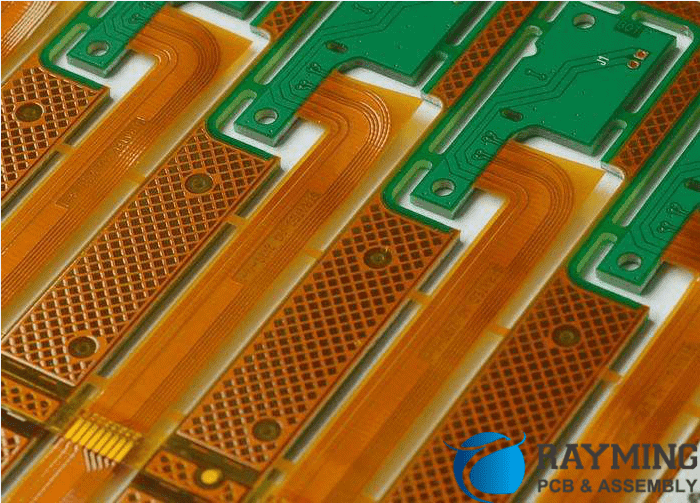 Read more: What is the 20H rule in PCB?
Read more: What is the 20H rule in PCB?Introduction Printed circuit boards (PCBs) are essential components in most electronic devices. They provide the mechanical structure to mount and interconnect electronic components using conductive tracks etched from copper sheets laminated onto a non-conductive substrate. With the ongoing miniaturization of electronics, PCBs have become more complex and crowded. This introduces […]
-
What are the design rules for flex PCB?
Posted by
–
 Read more: What are the design rules for flex PCB?
Read more: What are the design rules for flex PCB?Introduction Flexible printed circuit boards (flex PCBs) are a type of printed circuit board that can bend and flex. They are made of flexible insulating substrate materials like polyimide or polyester rather than rigid materials like FR-4. Flex PCBs are useful for applications where flexibility, space savings, or fatigue resistance […]
-
What is the bend radius of a flex PCB?
Posted by
–
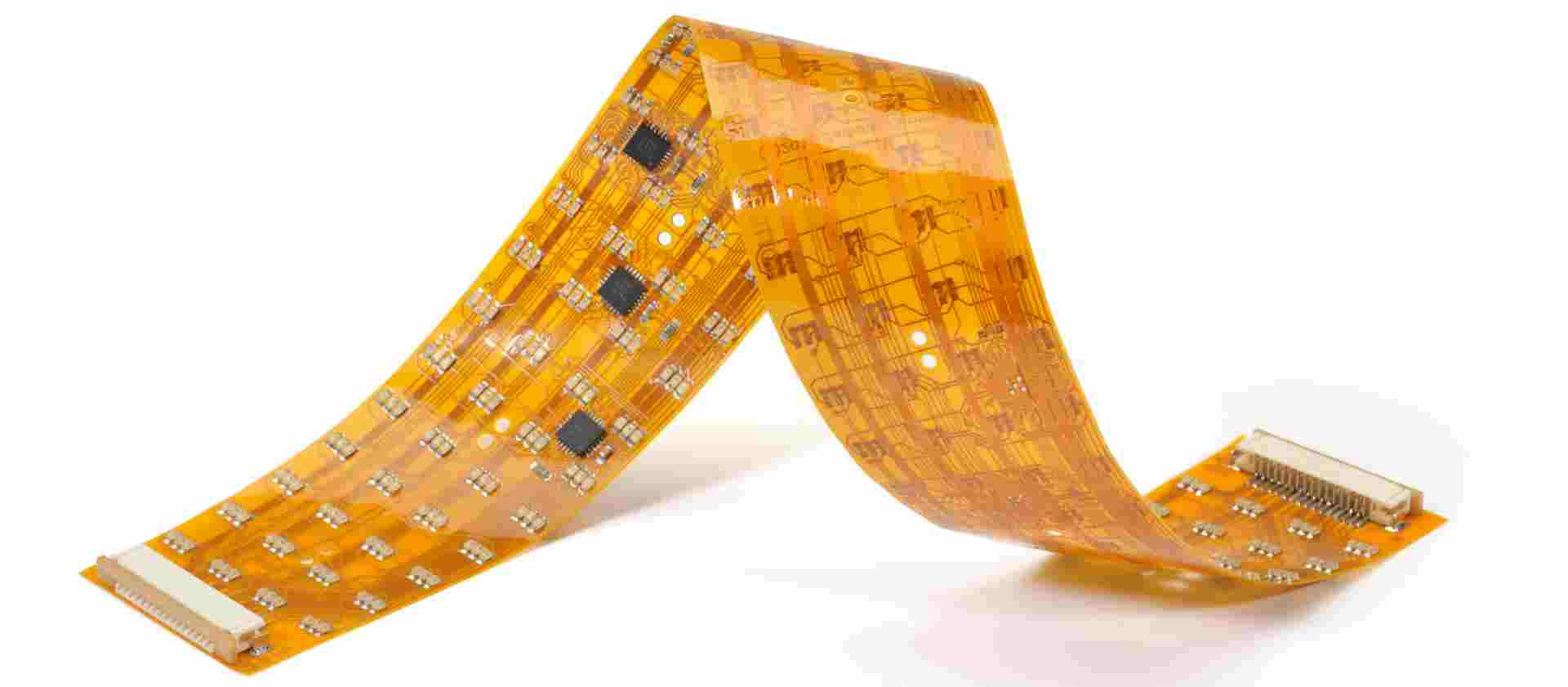 Read more: What is the bend radius of a flex PCB?
Read more: What is the bend radius of a flex PCB?Flexible printed circuit boards (flex PCBs or flex circuits) are a type of printed circuit board that can bend and flex. They are made with flexible substrate materials like polyimide or polyester instead of traditional rigid materials like FR-4. Flex PCBs are useful for applications where the circuit needs to […]
-
Can Flex PCB have vias?
Posted by
–
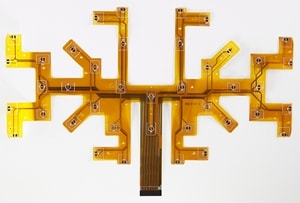 Read more: Can Flex PCB have vias?
Read more: Can Flex PCB have vias?Introduction to flex PCBs A flexible printed circuit board (flex PCB) is a type of printed circuit board made of flexible materials such as polyimide film. Flex PCBs can bend, twist, and flex without damage during use. This ability to flex makes them well-suited for applications where the circuit board […]




